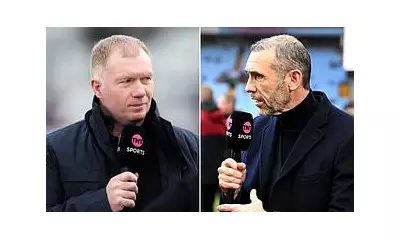
Australian Test opener Usman Khawaja has delivered an emotional and powerful account of the deeply disturbing racial abuse his mother endured while attending a Boxing Day Test match at the Melbourne Cricket Ground several years ago.
The 37-year-old cricketer revealed the incident occurred when his mother, Fauzia, was wearing a hijab in the stadium crowd. Khawaja described how the shocking torrent of Islamophobic vitriol left his family devastated and exposed a dark underbelly within the sport's culture.
Personal Trauma Behind Public Persona
In a heartfelt revelation, Khawaja shared that this wasn't an isolated incident but part of a pattern of abuse his family has faced throughout his career. "It's happened multiple times," he stated, emphasizing the personal toll such events have taken on his loved ones who simply wanted to support him at matches.
The Pakistani-born batsman, who became Australia's first Muslim Test cricketer, expressed his frustration at cricket's slow progress in addressing racism within the sport. His testimony comes as cricket authorities worldwide face increasing pressure to confront discrimination head-on.
Broader Context of Cricket's Racism Reckoning
Khawaja's revelations add to growing concerns about racism in cricket, following recent high-profile cases involving other players from diverse backgrounds. The sport has been grappling with its inclusivity record, particularly in Australia and England where cultural diversity among players hasn't always been matched by spectator behaviour.
The cricketer's decision to speak out now reflects a broader movement within sports where athletes are increasingly using their platforms to address social issues and discrimination. His personal story puts a human face on statistics about racism in sporting events.
Call for Action and Change
While not specifying exact dates or identifying the perpetrators, Khawaja's account serves as a powerful call to action for cricket administrators, security staff, and fellow spectators to be more vigilant against racial harassment at grounds.
The emotional weight of his testimony underscores the need for comprehensive anti-racism measures, better reporting mechanisms, and cultural education within sporting communities to ensure all fans feel safe and welcome regardless of their background or religious attire.





